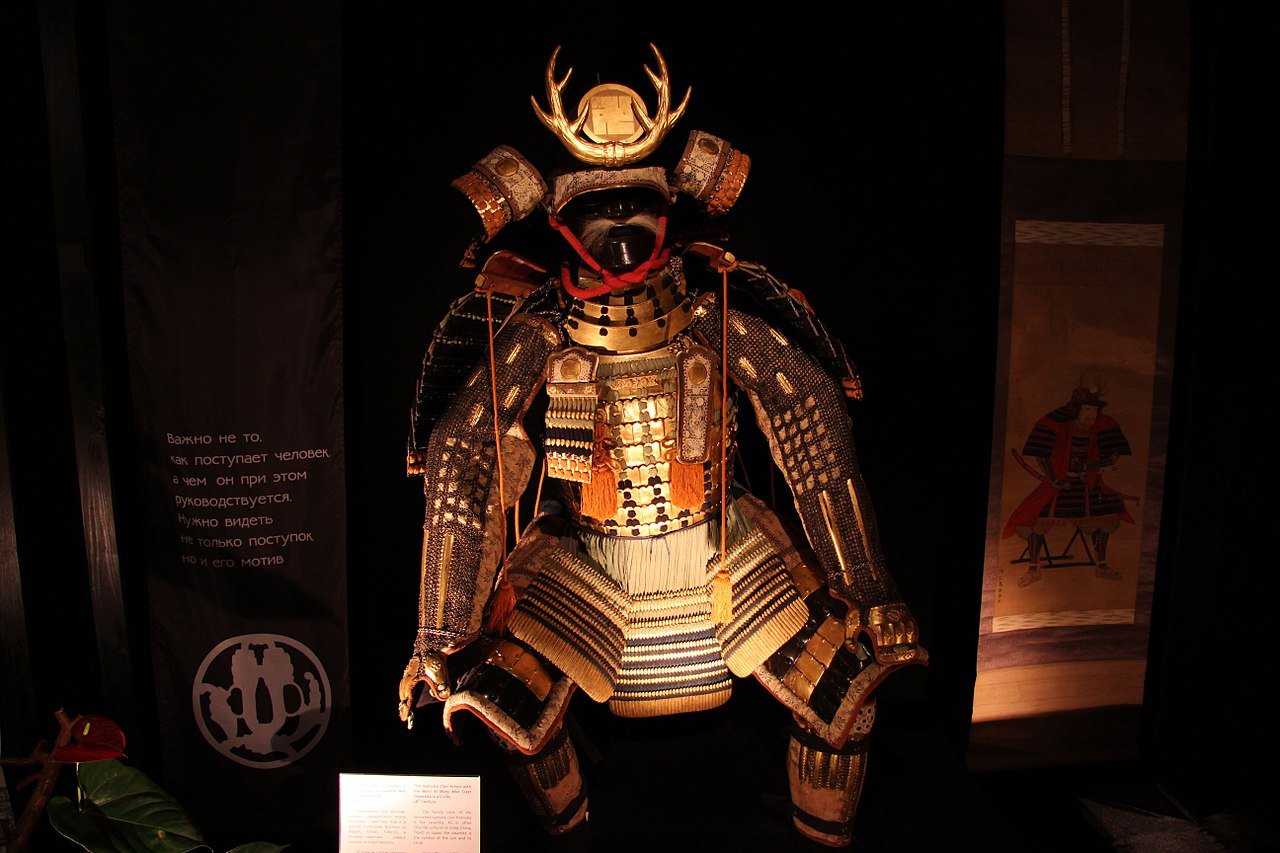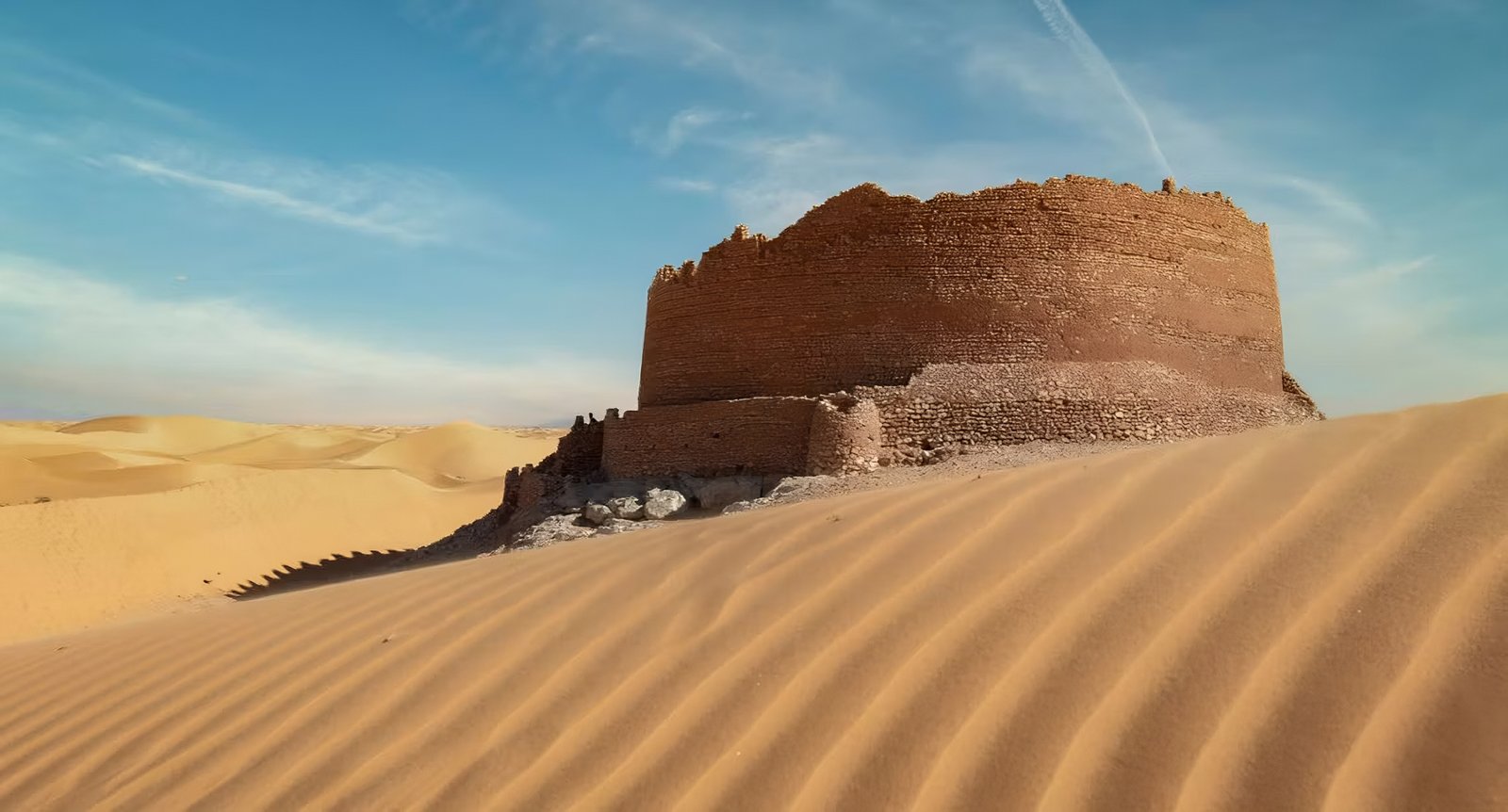The Legend of Prometheus
Look at Prometheus, a big name in Greek mythology. He’s associated with being defiant, kind, and in love with knowledge. He’s a major figure in these old Greek stories. His story is all about standing up to authority, self-sacrifice, and how tough people can be.
Prometheus was a Titan and the god of fire in Greek mythology. What is he famous for? He dared to go against Zeus, the boss of all gods. He took fire from Mount Olympus and gave it to people. He did this because he felt deeply for humanity. This bold move was a key part in how humans advanced.
Significance in Greek Mythology
A Symbol of Human Progress and Defiance
In Greek tales, Prometheus in Greek Mythology is known for more than giving fire. He stands for people’s desire to learn, advance, and become free from control. Even though humans face tough conditions, his strong faith in their abilities shines like a guiding light.
A Figure of Tragic Heroism
Prometheus’ story, while imbued with elements of heroism, is also a tragedy. His unwavering commitment to humanity’s advancement led to his own downfall. Zeus, enraged by Prometheus’ theft of fire, condemned him to eternal torment, chained to a rock in the Caucasus Mountains, where an eagle would daily devour his liver, only for it to regenerate overnight.
A Timeless Symbol of Resilience
Despite his tragic fate, Prometheus in Greek mythology remains a symbol of resilience and unwavering determination. His act of defying the gods, even in the face of certain punishment, exemplifies the human spirit’s ability to challenge authority and pursue its aspirations.
Who is Prometheus in Greek Mythology?
Early Life and Family
The Lineage of Titans
Prometheus in Greek mythology, whose name means “forethought,” was a Titan, a race of powerful deities that ruled the earth before the Olympians ascended to power. His father was Iapetus, a Titan of considerable wisdom, and his mother was Clymene, an Oceanid, one of the many daughters of the Titan Oceanus.
A Titan of Many Talents
Prometheus in Greek mythology was renowned for his intellectual prowess and his mastery of various arts and crafts. He was a skilled sculptor, a gifted inventor, and a profound thinker, earning him the title of Philomath, or “lover of learning.”
Role and Attributes in Greek Mythology
A God of Fire and Craftsmanship
Prometheus in Greek mythology was closely associated with fire, not only as its thief from the gods but also as a symbol of knowledge, progress, and civilization. He was often depicted with a torch, representing the illumination of the human mind.
A Champion of Humanity
The compassion of Prometheus in Greek mythology for humankind set him apart from most other deities. He recognized humanity’s potential for greatness and actively sought to elevate their status. His theft of fire from Mount Olympus was a symbolic act of empowerment, granting humanity the tools necessary for progress and civilization.
The Story of Prometheus in Greek mythology

Creation of Humans
Molding Humanity from Clay
In some versions of the Prometheus myth, he is credited with the creation of humanity itself. Using clay and water, Prometheus in Greek mythology molded the first humans, fashioning them in the image of the gods. This act further cemented his role as a champion of humanity.
Endowing Humans with Abilities
Prometheus in Greek mythology did not stop at simply creating humans; he also sought to enhance their capabilities. He gifted them with the ability to control fire, a transformative gift that enabled them to cook food, forge tools, and provide warmth.
Prometheus and the Theft of Fire
An Act of Defiance for Humanity’s Sake
The most celebrated act associated with Prometheus in Greek mythology is his theft of fire from the gods. Motivated by a deep empathy for humanity’s struggles, Prometheus defied Zeus and ascended Mount Olympus to steal the divine spark.
The Torch of Civilization
With the stolen fire, Prometheus in Greek mythology descended to Earth and bestowed it upon humanity. This gift ignited not just physical warmth but also the flames of progress, innovation, and civilization.
Gift of Knowledge to Humans
Empowering Humanity through Understanding
Prometheus’ generosity extended beyond the gift of fire. He also imparted to humanity the gift of knowledge, teaching them various arts, crafts, and sciences. This intellectual empowerment enabled humans to thrive and shape their world.
A Path to Self-Determination
Like a guide that gives people the equipment and understanding to grow, Prometheus started the journey for mankind’s autonomy. He gave them the power for self-leadership, to steer their life’s journey in this world.
Punishment by Zeus
Zeus’ Wrath and Prometheus’ Torment
Zeus, the king of the gods, was infuriated by Prometheus’ act of defiance. He viewed Prometheus’ theft of fire and his gifts to humanity as an affront to his authority and a threat to the divine order.
A Cruel and Everlasting Penalty
Zeus’ punishment for Prometheus was swift and severe. He condemned Prometheus to eternal torment, chaining him to a rock in the Caucasus Mountains. Every day, an eagle would swoop down and devour Prometheus’ liver, only for it to regenerate overnight, ensuring an endless cycle of pain and suffering.
A Symbol of Unwavering Resolve
Despite his agonizing punishment, Prometheus in Greek mythology never wavered in his conviction. He endured his suffering with stoicism and resilience, refusing to bow to Zeus’ demands or betray his belief in humanity’s potential.
Prometheus in Greek mythology and Key Mythological Figures

Prometheus’ interactions with other notable figures in Greek mythology further enrich his narrative and provide insights into his character and motivations.
Prometheus and Epimetheus
Brothers of Contrasting Personalities
Prometheus in Greek Mythology and Epimetheus were brothers, both sons of the Titan Iapetus. While Prometheus was known for his forethought and cunning, Epimetheus was characterized by his afterthought and impulsiveness.
A Tale of Two Gifts
The contrast between the brothers is exemplified in the story of Pandora. Zeus, seeking to punish humanity for Prometheus’ theft of fire, created Pandora and gifted her with a jar containing all the world’s evils. Prometheus warned Epimetheus not to accept any gifts from the gods, but Epimetheus, true to his nature, disregarded his brother’s advice and accepted Pandora as his wife. She opened the jar, unleashing all the evils upon the world, leaving only hope behind.
Prometheus and Gaea
A Mother’s Support
Gaea, the Earth goddess, was a maternal figure to Prometheus in Greek mythology. She recognized his noble intentions and sympathized with his plight. She offered him solace and guidance during his time of suffering.
A Shared Commitment to Humanity
Both Prometheus and Gaea shared a deep concern for the well-being of humanity. Gaea, as the nurturing mother of all living things, recognized the potential for progress and civilization that Prometheus sought to ignite within humanity.
Prometheus and Io
A Compassionate Protector
Io, a mortal princess transformed into a heifer by Zeus as punishment for her beauty, crossed paths with Prometheus during his torment. Prometheus in Greek mythology, recognizing her suffering, took pity on her and revealed to her a prophecy that foretold her future restoration to human form.
A Symbol of Empathy and Compassion
Prometheus’ interaction with Io highlights his compassion and empathy for those in distress. Despite his own torment, he took the time to offer solace and hope to a suffering creature, demonstrating his unwavering concern for the well-being of others.
Prometheus and Pandora
A Complex Relationship
Prometheus’ relationship with Pandora is a complex one. While he warned Epimetheus not to accept any gifts from the gods, he also recognized her potential for both good and evil. He saw in Pandora a symbol of humanity’s duality, capable of both destruction and hope.
Symbols of Prometheus in Greek Mythology
The story of Prometheus is rich in symbolism, with various elements representing his character, actions, and the broader themes of his myth.
The Torch and Fire
The Light of Knowledge and Progress
The torch and fire are perhaps the most prominent symbols associated with Prometheus. They represent the knowledge and progress that he bestowed upon humanity, illuminating their path towards civilization and advancement.
A Symbol of Transformation and Change
Fire, in particular, signifies transformation and change. It has the power to alter substances, provide warmth and light, and fuel innovation. Prometheus’ gift of fire symbolizes the transformative power of knowledge and the potential for humanity to shape their own destiny.
Chains and the Eagle
Enduring Punishment and Unwavering Spirit
The chains that bind Prometheus to the rock in the Caucasus Mountains represent his punishment for defying Zeus and his unwavering commitment to humanity. Despite his physical confinement, his spirit remains unchained, symbolizing the resilience of the human spirit in the face of adversity.
The Constant Cycle of Suffering
The eagle that tears at Prometheus’ liver each day and the subsequent regeneration of his liver symbolize the endless cycle of suffering that Prometheus endures. It represents the consequences of challenging authority and the unwavering determination to uphold one’s beliefs, even in the face of relentless torment.
The Liver Regeneration
Symbol of Hope and Resilience
Prometheus’ liver regeneration is not merely a physical phenomenon; it also holds symbolic significance. It represents the ability of the human spirit to endure, heal, and persevere despite setbacks and suffering.
Conclusion
Prometheus in Greek mythology, the Titan of fire and forethought, stands as a towering figure in Greek mythology, a symbol of defiance, compassion, and the pursuit of knowledge. His story, interwoven into the fabric of ancient Greek beliefs, has captivated and inspired generations, transcending cultural and temporal boundaries.
When Prometheus swiped fire from Mt. Olympus and gave it to us, it was a key turn in our story. He gave us the tools we needed to make and rule. From then on, we were able to learn, create, and decide for ourselves.
Frequently Asked Questions (FAQs)
Why was Prometheus in Greek mythology punished?
Prometheus was punished by Zeus for defying his authority and stealing fire from Mount Olympus. Zeus viewed Prometheus’ actions as a threat to the divine order and a usurpation of his power.
What did Prometheus steal from the gods?
Prometheus stole fire from the gods, an act that symbolized the gift of knowledge and progress to humanity. This gift empowered humans to shape their world and advance towards civilization.
How does Prometheus in Greek mythology inspire modern science?
Prometheus’ pursuit of knowledge and his unwavering belief in humanity’s potential inspire modern scientists. His spirit of inquiry and his willingness to challenge established norms mirror the qualities that drive scientific progress.
What is the connection between Prometheus in Greek mythology and fire?
Fire holds a central role in Prometheus’ myth. His theft of fire from the gods symbolizes the gift of knowledge and progress to humanity. Fire also represents the transformative power of knowledge, capable of altering substances, providing warmth and light, and fueling innovation.






